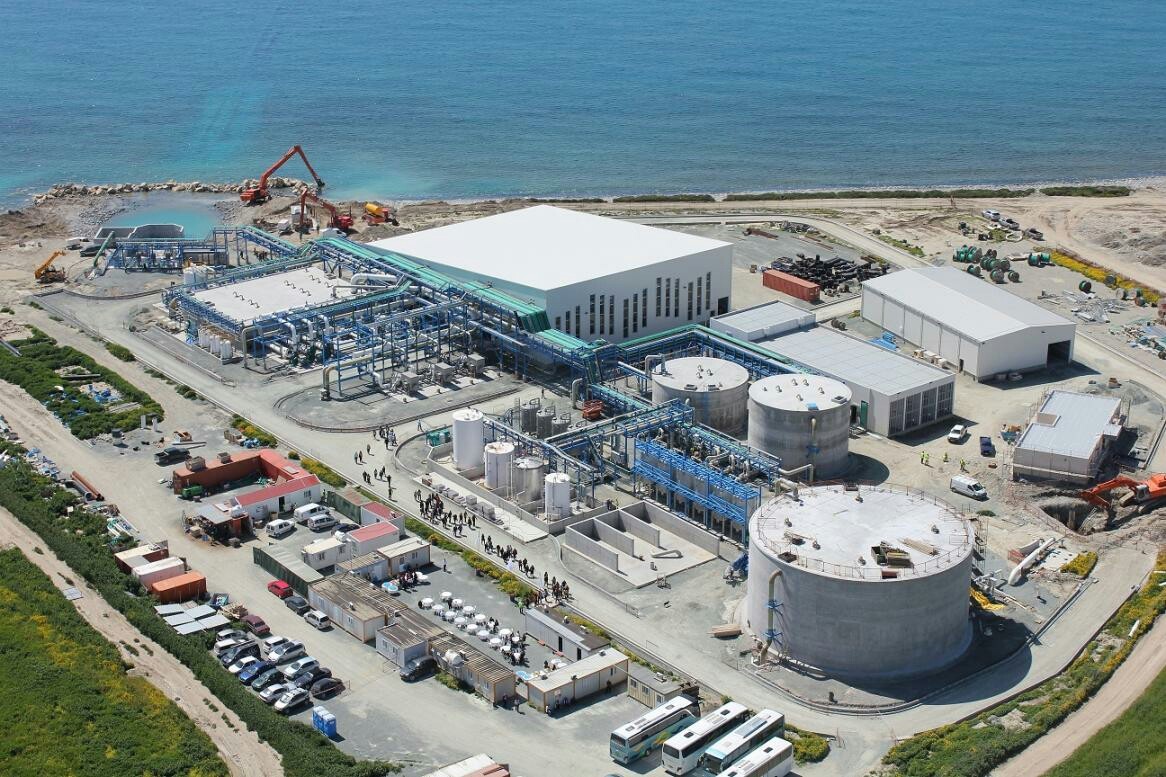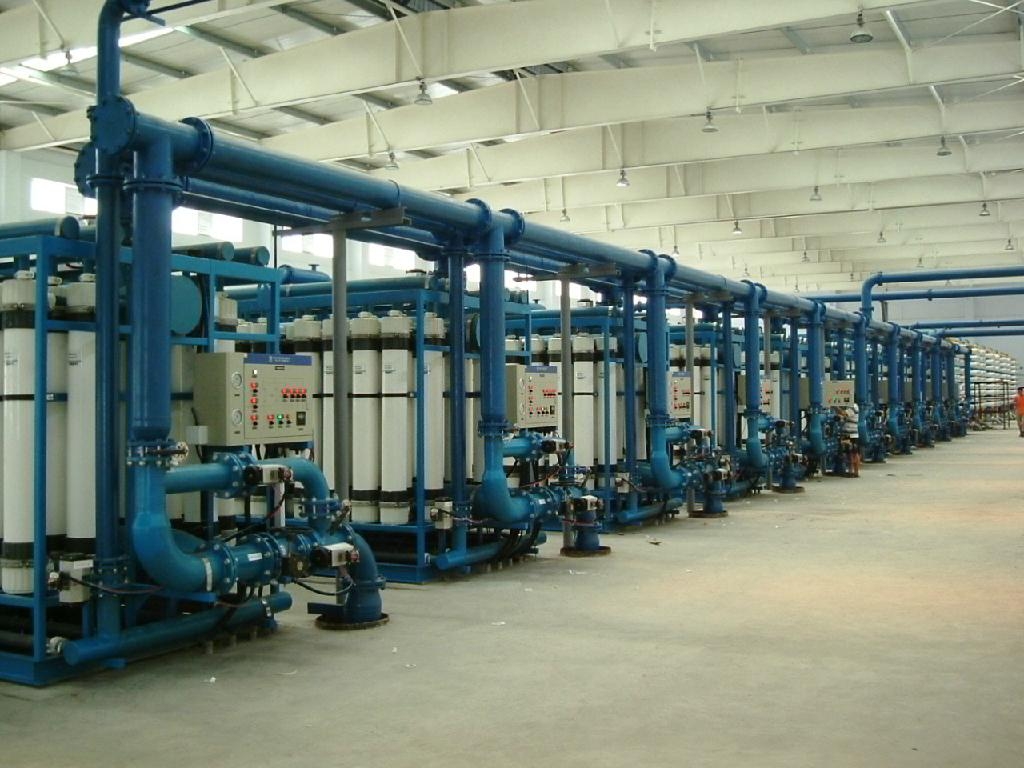Why do environmentalists oppose seawater desalination systems?
Environmentalists have raised objections to the seawater desalination project, mainly due to concerns that the technology may have a negative impact on the environment. The following will analyze the main reasons why environmentalists oppose sea water desalination and related discussions.
1. Threats to fisheries and marine ecosystems
Environmentalists worry that seawater desalination projects may have negative impacts on local fisheries and marine ecosystems. Seawater desalination plants may inhale marine life, especially fish larvae, causing damage to fishery resources. In addition, wastewater and salt water may be discharged during the sea water desalination process, causing pollution and disturbance to the marine ecosystem.
2. Energy consumption and carbon emissions
The seawater desalination process requires a lot of energy support, especially in the energy-intensive reverse osmosis process. Environmentalists worry that using fossil energy to support seawater desalination projects will increase carbon emissions and the risk of global climate change. Therefore, they advocate reducing environmental impact by improving energy efficiency and utilizing renewable energy sources.
3. Community and cultural impact
Sea water desalination projects may have certain impacts on local communities and culture. Environmentalists worry that the construction and operation of the project may lead to the destruction of local communities, the displacement of residents and the disappearance of cultural traditions. Therefore, they called for attention to community participation and cultural protection during project planning and implementation to ensure the sustainable development and social responsibility of the project.

Environmental impacts and countermeasures of sea water desalination
Environmentalists' opposition to seawater desalination projects is mainly based on concerns about possible negative impacts on the environment. The following is a discussion of the possible environmental impacts and countermeasures of the seawater desalination project.
1. Ecosystem protection
In order to protect local fisheries and marine ecosystems, sea water desalination projects should take effective measures to reduce the impact on marine life. This includes establishing a protected area around the seawater desalination plant, limiting the impact of the plant on the surrounding marine ecosystem, and implementing ecological restoration plans to restore the damaged ecological environment.
2. Energy efficiency and renewable energy utilization
In order to reduce energy consumption and carbon emissions, seawater desalination projects should adopt technologies and equipment with high energy efficiency and low carbon emissions. In addition, priority should be given to using renewable energy sources, such as solar and wind energy, to support the seawater desalination process and reduce the impact on the environment.
3. Community involvement and social responsibility
During the planning and implementation process of the seawater desalination project, the opinions and interests of local communities should be fully considered and their rights to participate and benefit should be protected. In addition, seawater desalination project operators should assume social responsibilities, actively give back to local communities, and support local economic development and social welfare.

Sea water desalination and the balance of sustainable development
Sea water desalination technology provides an important way to solve the problem of freshwater resource shortage, but it also faces some environmental and social challenges. The following will discuss how to achieve a balance between environmental protection, social responsibility and economic benefits in the seawater desalination project.
1. Environmental protection and ecological restoration
Sea water desalination projects should take environmental protection as the top priority, take a series of measures to reduce the impact on the marine ecosystem, and actively participate in the restoration and protection of the ecological environment to achieve harmonious symbiosis with nature.
2. Social responsibility and public participation
Sea water desalination projects need to fully respect the opinions and interests of local communities, establish effective communication mechanisms, promote public participation, and ensure the sustainable development and social responsibility of the project. At the same time, project operators should assume social responsibilities, give back to local communities, and promote local economic and social development.
3. Economic benefits and sustainable development
Sea water desalination projects must not only pursue economic benefits, but also consider the goals of sustainable development. By improving technology and reducing energy consumption and carbon emissions, they can achieve a win-win situation for both economic and environmental benefits. At the same time, the combination of seawater desalination technology with other renewable energy technologies should be actively explored to promote energy transformation and sustainable development.






